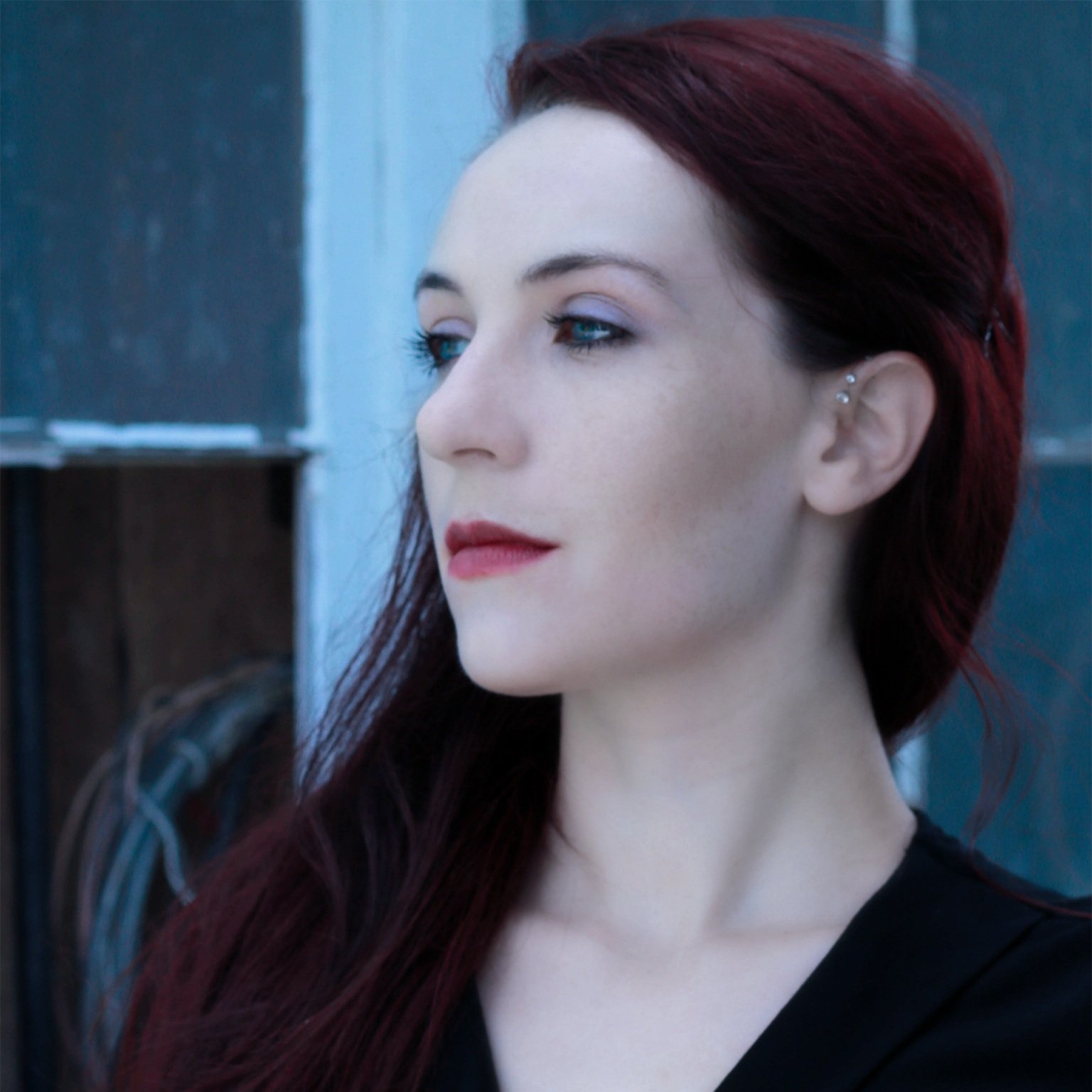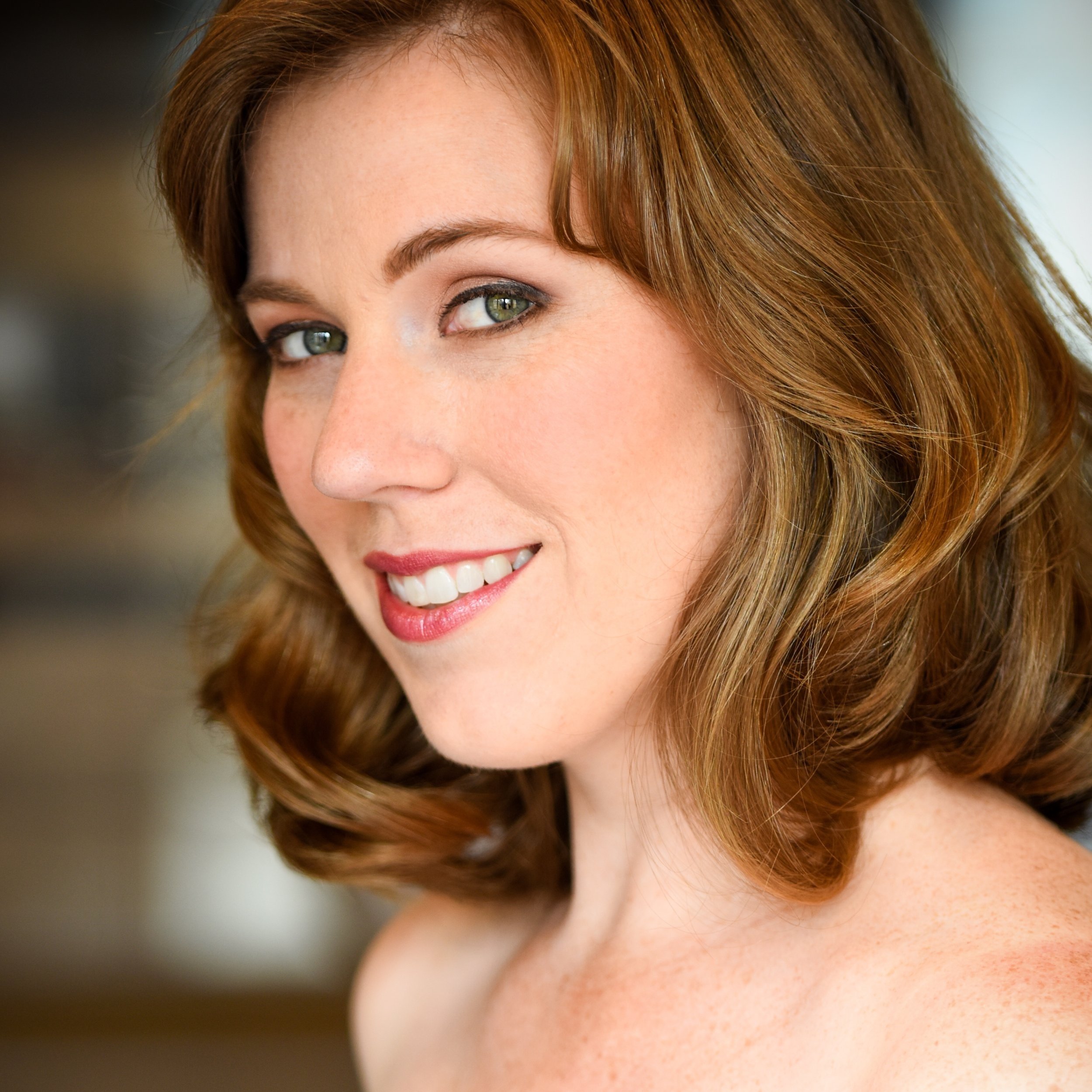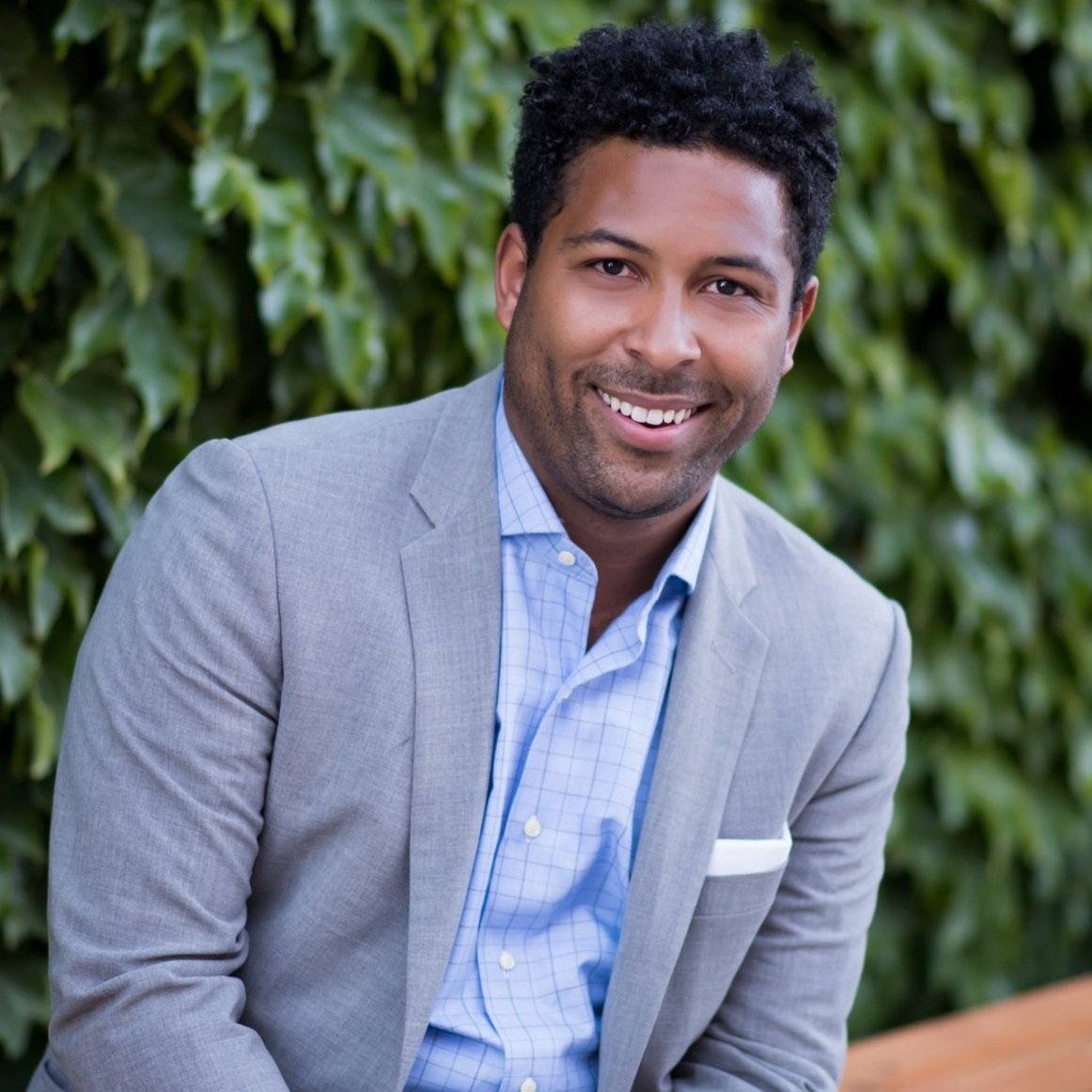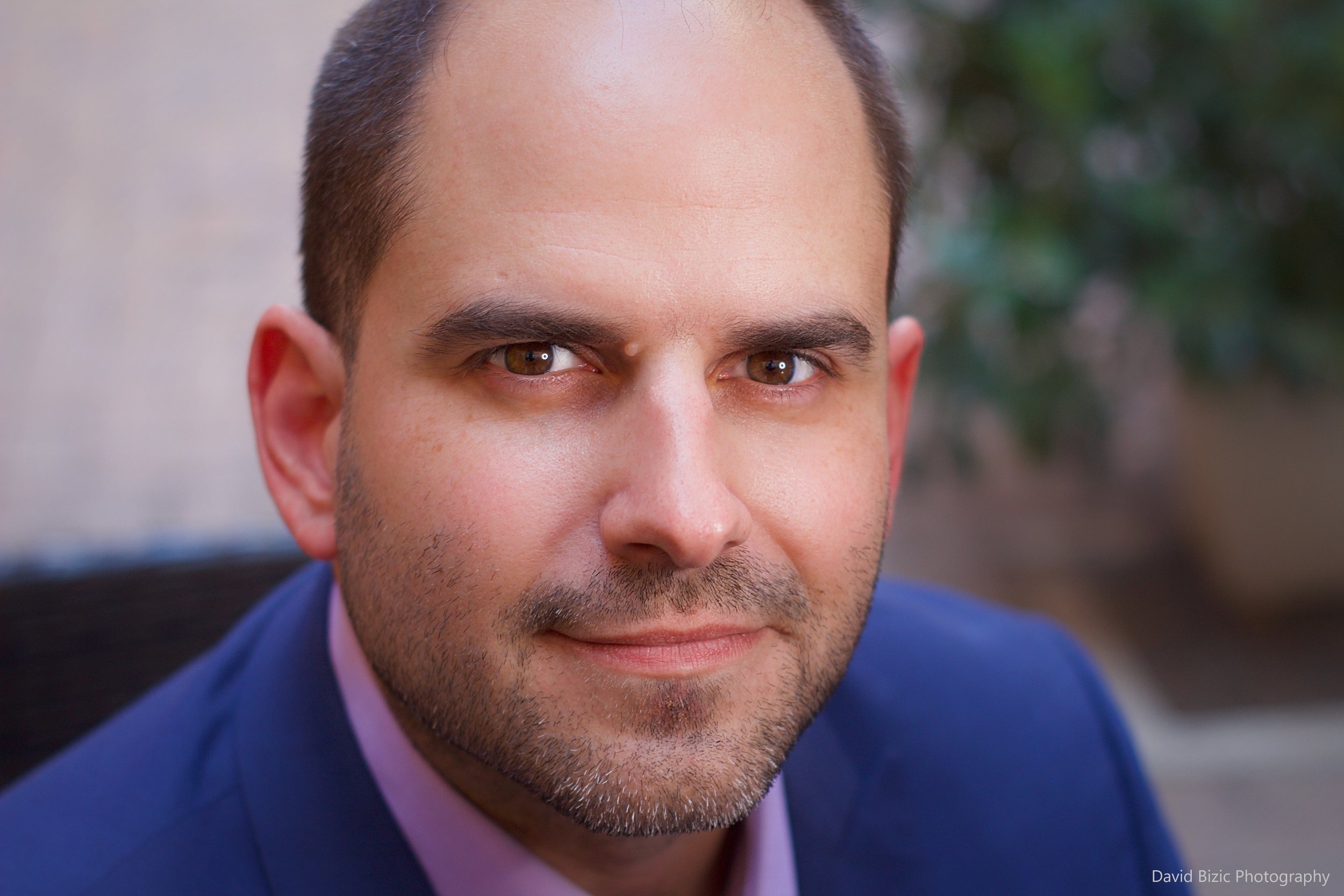OperaDelaware is delighted to host our third Sunday Spotlight recital on February 5 with the immensely talented tenor, Andrew Bidlack. Andrew was originally slated to perform this recital in December 2022, and when he received an exciting once-in-a-lifetime opportunity to perform in Frankfurt, we were only too happy to reschedule. Get to know Andrew below in his interview with Kerriann Otaño, OperaDelaware's Vice President of Engagement, and get your tickets to his recital on February 5 at 2 PM at the OperaDelaware Studios!
Get to know Andrew Bidlack!
Kerriann Otaño: What do you love most about recitals? The collaboration, the repertoire, the intimacy?
Andrew Bidlack: I have far more experience with opera and have only had the chance to do a handful of recitals. In an opera, we’re often on a large stage with lots of other people, whether they are fellow singers nearby or crew backstage helping all the pieces fit together. We’re often so far from the conductor that it’s difficult to hear the intricacies of the orchestra and must rely on the visuals of the baton to stay in time, and often we don’t see a single face in the audience until the lights come up for bows at the end of the show. Doing a recital is different in almost every way. It’s just you and your colleague at the piano, and you have just the words and music at your disposal to tell the story. Since it is often set in a more intimate space and we are not singing over a full orchestra, we can use different colors and shadings to shape the text that wouldn’t work in a large opera house. These aspects of recital performance are so special and different and I’m really grateful for this opportunity to explore this intimate music.
KO: What piece from your upcoming recital on February 5 are you most excited to share?
AB: Since I was in college I’ve always loved Robert Schumann’s Dichterliebe, and specifically the recording made by Fritz Wunderlich and Hubert Geisen for Deutsche Grammophon. Each song is uniquely beautiful and heartbreaking, and from the first notes the piano shows that its contribution is as important as that of the singer. I’ve always wanted to perform it, and when Aurelien and I started talking about repertoire I felt this had to be included and was thrilled that he agreed. As a personal bonus I was in Germany for several months this past season where it was easy to visit the places the poet Heine mentions in the cycle since they are all near to where I was working in Frankfurt.
KO: What made you want to become an opera singer?
AB: I decided that I wanted to be a musician while in high school, and after an exploratory semester as a guitar major it was pretty apparent that singing was going to be a better choice for me. I was really drawn to the things that make performing opera so different than other music: the costumes, sets, staging rehearsals, and especially the people. This is definitely my tribe, and I’m so grateful for the friendships and travel this career has provided!
KO: What has been your career highlight?
AB: I was never one of those singers who thought my success would be defined by whether or not I made it to the Met, but nonetheless it was thrilling to make my debut there as Beppe in I pagliacci a few years ago. I was covering the first 5 shows and set to perform the last 6 of the run, so my first time doing everything on the stage was during the performance. It was terrifying and exhilarating, especially the first few minutes: Nedda entered on a mule which came out a bit early and blocked my path, and because of chorus crowded around I had no choice but to crawl under the mule in order to get to the front of the stage to sing my first line. Moments later my colleague yanked me by my shirt to safety as the hood of this old 1950’s truck slammed shut inches from my face! It was a surreal and incredible night, and the curtain call was almost an out of body experience.
KO: Who are your top three role models/inspirations?
AB: I’ve been listening to Fritz Wunderlich so much lately so I have to include him! Much of my career has been focused on Mozart roles and especially Tamino from Die Zauberflöte, and I’ve certainly agree with all who consider him the gold standard in this repertoire. His elegant phrasing, distinctive and stunning sound, and especially the beauty he brings to the German language are all things that I find inspiring and make me love the music as he performed it.
My journey with music started with my mom, who was my first piano teacher when I was 6. Watching her play Chopin made me want to learn to play myself, and although I quickly found out that it was way harder than it looked, I wouldn’t be where I am without those first lessons! Because of her I can’t remember a time when I couldn’t read music, and I was familiar with Mozart, Bach, Tchaikovsky, and Pavarotti long before I had any ideas about a career in music.
My wife Melissa is an inspiration and I admire her immensely.Throughout our relationship I’ve been away from home more often than not, with the exception of the recent pandemic cancellations. We all got used to me finally being home during that time and in many ways it was a welcome change for all of us, but things have picked up again and this year I was away a lot and even out of the country for over 6 months. Through it all she’s managed to not only excel at her job, but has kept everything together at home and taken great care of our daughter, Elodie (all the homework, swim lessons, tap dance, girl scouts, etc.). It is a massive task, and I wouldn’t be able to do any of this without her unwavering support, advice, and grounding presence.
KO: Why should people be EXCITED about your recital on February 5?
AB: We’ve chosen a beautiful program that is as virtuosic for the pianist as is the singer. Along with standard repertoire like Dichterliebe, we’ll also be performing 5 seldom heard songs in Russian from Sergei Rachmaninoff’s Opus 26, as well as Benjamin Britten’s early cycle On This Island, set to text by one of my favorite poets, W.H. Auden. I know we’re both really looking forward to it!
Don't miss Andrew Bidlack and Aurelien Eulert in their Sunday Spotlight recital at the OperaDelaware Studios on February 5 at 2 PM!
GET TICKETS HERE












